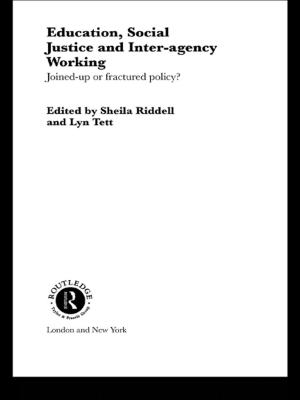Nationalism, National Identity and Democratization in China
Nonfiction, Social & Cultural Studies, Social Science| Author: | Baogang He | ISBN: | 9781351794121 |
| Publisher: | Taylor and Francis | Publication: | May 4, 2018 |
| Imprint: | Routledge | Language: | English |
| Author: | Baogang He |
| ISBN: | 9781351794121 |
| Publisher: | Taylor and Francis |
| Publication: | May 4, 2018 |
| Imprint: | Routledge |
| Language: | English |
This title was first published in 2000: This text aims to provide a clear understanding of the complex relationship that exists between nationalism, national identity, the state, the direction and trend of China's transition and the subsequent prospects for democratization. While describing the rise of Chinese nationalism and the accompanying discourse on Chinese national identity, it focuses on the national identity question and its impact on democratization. The text argues that Chinese nationalism is not monolithic and that popular Chinese nationalism attempts to exclude the role of the party-state in defining national identity. Most importantly, it has the potential to demand democratic reform and push for democratization in China. Nevertheless, the alliance between nationalism and democracy will expedient. Chinese nationalism, whether official or popular, comes into conflict with democracy when it confronts the national identity/boundary problem. They clash with each other where territoriality is involved. The Chinese nationalist solution to the problem is logically and inherently opposed to the contemporary trend towards democracy.
This title was first published in 2000: This text aims to provide a clear understanding of the complex relationship that exists between nationalism, national identity, the state, the direction and trend of China's transition and the subsequent prospects for democratization. While describing the rise of Chinese nationalism and the accompanying discourse on Chinese national identity, it focuses on the national identity question and its impact on democratization. The text argues that Chinese nationalism is not monolithic and that popular Chinese nationalism attempts to exclude the role of the party-state in defining national identity. Most importantly, it has the potential to demand democratic reform and push for democratization in China. Nevertheless, the alliance between nationalism and democracy will expedient. Chinese nationalism, whether official or popular, comes into conflict with democracy when it confronts the national identity/boundary problem. They clash with each other where territoriality is involved. The Chinese nationalist solution to the problem is logically and inherently opposed to the contemporary trend towards democracy.















